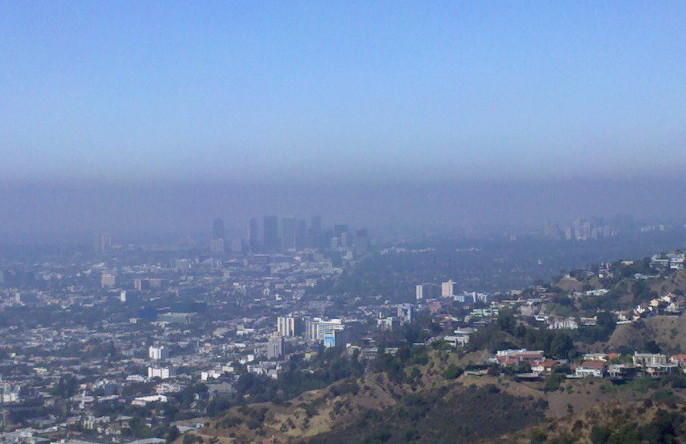By Kate Stone
It is generally understood that breathing polluted air can damage our lungs. However, a new study recently found that lab rats that breathed Beijing’s highly polluted air for eight weeks not only developed breathing problems, but also gained weight. The researchers warn that air pollution exposure can contribute to metabolic dysfunction and obesity.


About the Study: Air Pollution and Obesity
In a study led by Duke University, with the support of the Chinese government, scientists tested the health impact of Beijing’s polluted air. They placed pregnant rats and their offspring in two chambers, one exposed to outdoor Beijing air and the other with filtered air. All the rats were fed the same diet.
After only 19 days, the lab rats breathing unfiltered Beijing air had gained dangerous amounts of weight. They also had inflamed lungs and livers. These rats had 50 percent higher “bad cholesterol” (low-density lipoprotein cholesterol) and 97 percent higher total cholesterol. Their insulin resistance level, a warning sign of type 2 diabetes, was higher than that of the rats breathing cleaner air.
Similar results were shown in the original rats’ offspring. At eight weeks old, female and male rats exposed to the pollution were 10 percent and 18 percent heavier, respectively, than those exposed to clean air.
Related: Listen to Your Gut on Air Pollution
These findings echo previous studies linking air pollution with increased insulin resistance, increased body fat, and tissue inflammation. “Since chronic inflammation is recognized as a factor contributing to obesity, and since metabolic diseases such as diabetes and obesity are closely related, our findings provide clear evidence that chronic exposure to air pollution increases the risk for developing obesity,” says Junfeng “Jim” Zhang, a professor of global and environmental health at Duke University.


“If translated and verified in humans, these findings will support the urgent need to reduce air pollution, given the growing burden of obesity in today’s highly polluted world,” Zhang says.
Funding for this study was provided by the National Natural Science Foundation of China, the Open Fund of the State Key Joint Laboratory of Environmental Simulation and Pollution Control, and the China Postdoctoral Science Foundation. The findings are published in the Journal of the Federation of American Societies for Experimental Biology (FASEB).
Reference
Chronic Exposure to Air Pollution Particles Increases the Risk of Obesity and Metabolic Syndrome: Findings from a Natural Experiment in Beijing. Yongjie Wei, Junfeng (Jim) Zhang, Zhigang Li, Andrew Gow, Kian Fan Chung, Min Hu, Zhongsheng Sun, Limin Zeng, Tong Zhu, Guang Jia, Xiaoqian Li, Marlyn Duarte, Xiaoyan Tang. Journal of the Federation of American Societies for Experimental Biology (March 2016).

